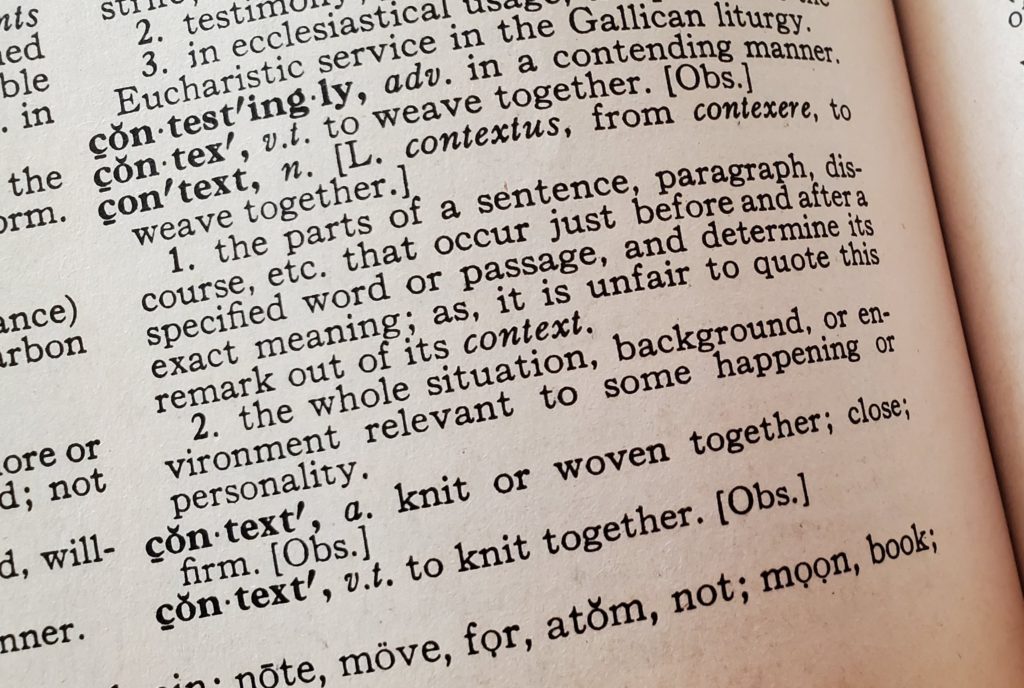
After the George Floyd murder trial verdict, I had a blog idea about renewed energy to do good works. I wanted to find a scriptural reference to support the idea, so I searched Bible Gateway for the keyword “renewal.” Of the verses that were presented, Isaiah 57:10 seemed the most apropos. When I initially read this verse, I thought it was written to bolster the Israelites’ flagging spirits and to spur them on to victory. Because of the similarity in language with Isaiah 40:31, I thought Isaiah 57:10 was about hope.
| “You wearied yourself by such going about, but you would not say, ‘It is hopeless.’ You found renewal of your strength, and so you did not faint.” Isaiah 57:10 NIV | “but those who hope in the Lord will renew their strength. They will soar on wings like eagles; they will run and not grow weary, they will walk and not be faint.” Isaiah 40:31 NIV |
I next read the verse in context, that is, reading the surrounding verses for a better understanding of the key verse. Reading Isaiah 57:9-11 raised doubts about the applicability of this scripture. For further clarity, I read several commentaries related to this scripture. Doing so caused me to put the brakes on using Isaiah 57:10 for my original intent.
This scripture, indeed the first half of Isaiah 57, is a condemnation of the Israelites’ quest to follow the adulterous, idolatrous practices of their foreign neighbors rather than follow the covenants of God. God’s chosen people were worshipping idols, engaging in pagan rituals, and flaunting their infidelity, and the prophet Isaiah was rebuking them. This verse was not meant to bolster spirits. It is a verse highlighting their misguided attempts to “be like the Joneses.” Verse 10 is Isaiah reproaching the Israelites for chasing after foreign approval instead of God’s. Even when they were rejected, they continued to court these idolatrous people. This is definitely not the verse to support my blog idea.
This search for an appropriate Bible verse reminds me that any Bible study requires me to examine the whole picture. That “whole picture” must include the context, such as the historical background, identity of the speaker or writer, and the original intended audience. These two verses from Isaiah have similar language, but vastly different intents. One is a message of hope and renewal, the other a message of rebuke and condemnation. I would not have known that without researching the context. It is that contextual study that helps reveal God’s meaning for me. Finally, when someone quotes Scripture to you or over your situation, make sure both the speaker and you understand the context of that scripture to ensure it is appropriate. This is a clarion call for all to consider the context of a scripture.
Reflect: What is your favorite Bible verse? Have you read it or studied it in context? Does it mean what you thought it meant? After reading it in context, did you get a fuller appreciation of that Bible verse?
Favorite verse: honor thy father and thy mother, for thy days will be longer upon this earth (WDD version)
Honor your father and your mother, that your days may be long upon the land which the Lord your God is giving you. (actual quote)
This is what I have tried and continue to try to do.
Context is pretty simple and straight forward for me.